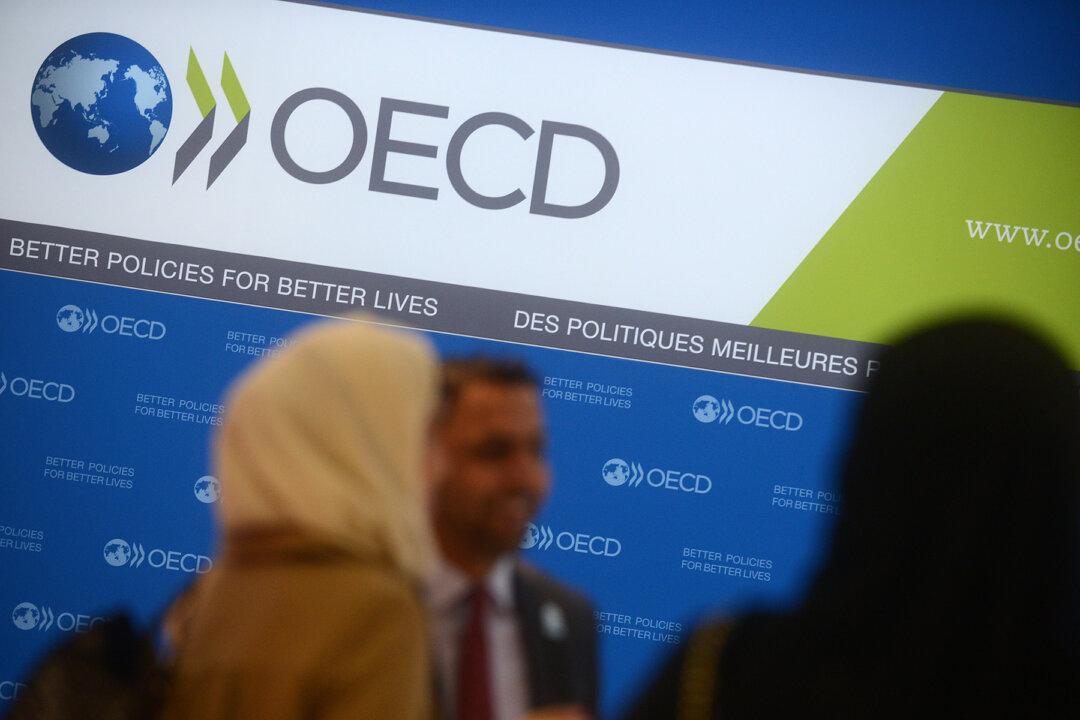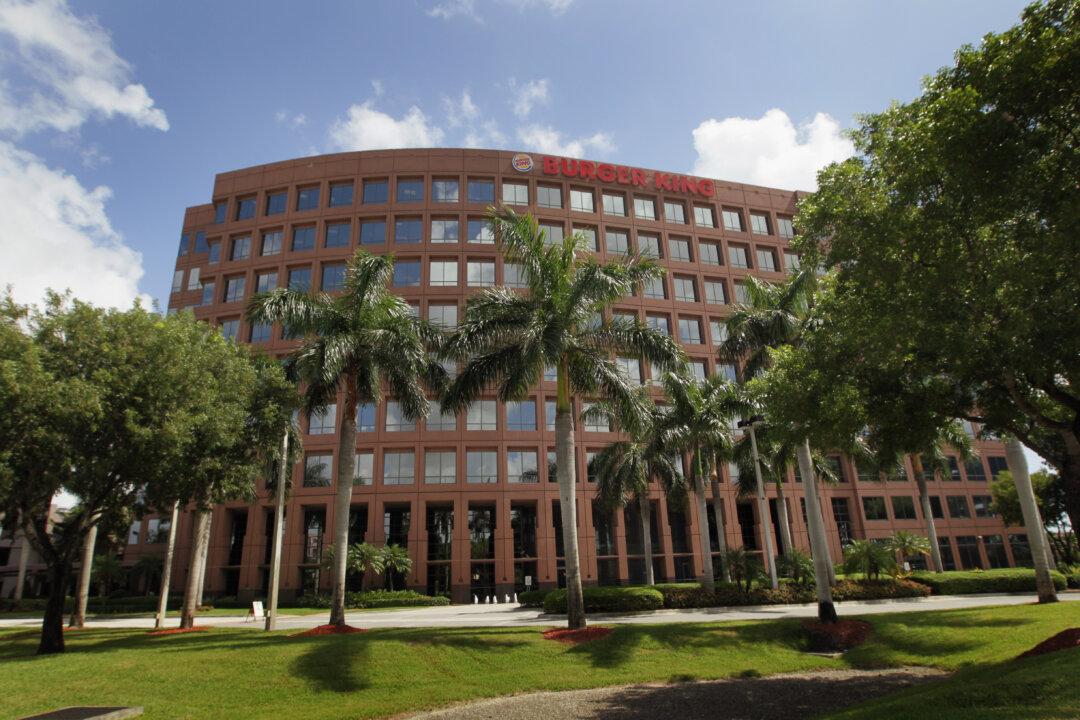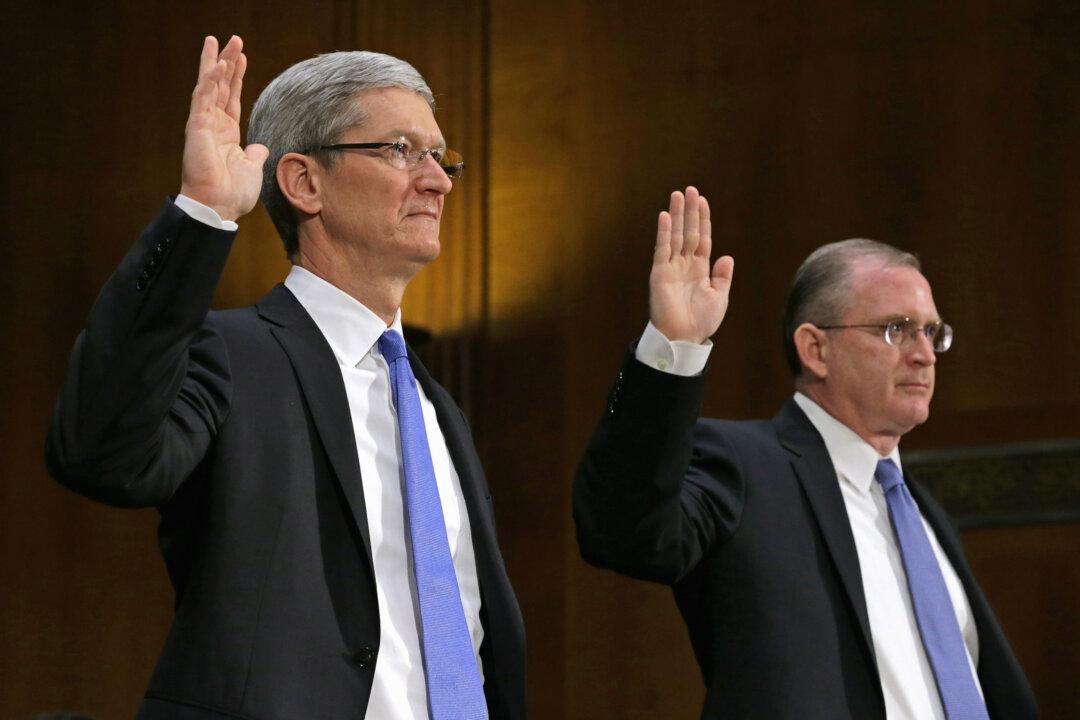Focus
tax havens
LATEST

|
Treasure Islands: Britain’s Offshore Hubs
Prime Minister David Cameron is under pressure to demand greater transparency from Britain’s overseas tax havens, which critics say help promote and support corruption.
|
What’s the Difference Between Tax Avoidance and Evasion?
In the wake of the Panama Papers revelations, the distinction between tax planning, tax avoidance, and tax evasion seems to have been lost between the lines.
|
Corporations’ Flight to Low-Tax Countries Angers US Voters
U.S. presidential candidates are responding to voters’ ire over a complex tax code that shields the wealthiest from tax payments. Reports of corporate inversions—U.S. firms relocating headquarters to take advantage of lower tax rates in countries like Ireland—highlight the negative consequences of globalization for voters already angry about entrenched income inequality, outsourcing, and job loss. The U.S. Treasury Department has imposed a series of rules to slow the pace of inversions. Farok J. Contractor, a Rutgers Business School professor who researches foreign direct investment, lists the arguments for and against inversions. “There is an inherent contradiction, as well as jurisdictional disputes, in a world with separate country-by-country taxation while multinationals treat the world as one economic space,” he concludes. Estimates suggest the U.S. tax burden is near the average of OECD economies, but the country’s persistent reputation for high taxes and inefficient government may hurt prospects for foreign investment.
|
Panama Papers Expose Secrets of Chinese Leaders
The Panama Papers have exposed closely guarded secrets of China’s most powerful elite, including Jackie Chan!
|
Panama Papers Show How Easy It Is to Finance Terror Using US Shell Companies
The Panama Papers have exposed the largest financial crime scandal of our lifetimes. But what has been uncovered by the Panama Papers is much more dangerous than simply greed and corruption.
|
Don’t Look at Panama, Look at Delaware
Before this week, Panama was mostly associated with the Panama Canal and as a stop-over for international flights to South America. This has changed with the publication of the Panama Papers.
|
Why Vladimir Putin Will Hardly Flinch at Panama Paper Cut
The world remains gripped by the revelations made in the papers leaked from Panamanian law firm Mossack Fonseca. But Moscow has greeted the coverage with what might be characterized as calm indifference.
|
Explainer: What Are ‘Tax Havens’?
The Panama Papers leak sheds some light on the intricate ways in which the wealthy can exploit secretive offshore tax regimes.
|
OECD’s New Tax Proposals Won’t Stop Companies Shifting Profits to Tax Havens
The news has been full of stories about how companies such as Amazon, Apple, Google, Microsoft, Starbucks and others are able to shift their profits to low or no-tax jurisdictions by using novel, legally permitted corporate structures and complex internal transactions (known as transfer pricing schemes).
|
Will Congress Be Duped Again on Offshore Taxes?
Like a savvy bargainer on a used car lot, big multinational corporations have mastered the art of feigning indifference and walking away.
|

|
Treasure Islands: Britain’s Offshore Hubs
Prime Minister David Cameron is under pressure to demand greater transparency from Britain’s overseas tax havens, which critics say help promote and support corruption.
|
What’s the Difference Between Tax Avoidance and Evasion?
In the wake of the Panama Papers revelations, the distinction between tax planning, tax avoidance, and tax evasion seems to have been lost between the lines.
|
Corporations’ Flight to Low-Tax Countries Angers US Voters
U.S. presidential candidates are responding to voters’ ire over a complex tax code that shields the wealthiest from tax payments. Reports of corporate inversions—U.S. firms relocating headquarters to take advantage of lower tax rates in countries like Ireland—highlight the negative consequences of globalization for voters already angry about entrenched income inequality, outsourcing, and job loss. The U.S. Treasury Department has imposed a series of rules to slow the pace of inversions. Farok J. Contractor, a Rutgers Business School professor who researches foreign direct investment, lists the arguments for and against inversions. “There is an inherent contradiction, as well as jurisdictional disputes, in a world with separate country-by-country taxation while multinationals treat the world as one economic space,” he concludes. Estimates suggest the U.S. tax burden is near the average of OECD economies, but the country’s persistent reputation for high taxes and inefficient government may hurt prospects for foreign investment.
|
Panama Papers Expose Secrets of Chinese Leaders
The Panama Papers have exposed closely guarded secrets of China’s most powerful elite, including Jackie Chan!
|
Panama Papers Show How Easy It Is to Finance Terror Using US Shell Companies
The Panama Papers have exposed the largest financial crime scandal of our lifetimes. But what has been uncovered by the Panama Papers is much more dangerous than simply greed and corruption.
|
Don’t Look at Panama, Look at Delaware
Before this week, Panama was mostly associated with the Panama Canal and as a stop-over for international flights to South America. This has changed with the publication of the Panama Papers.
|
Why Vladimir Putin Will Hardly Flinch at Panama Paper Cut
The world remains gripped by the revelations made in the papers leaked from Panamanian law firm Mossack Fonseca. But Moscow has greeted the coverage with what might be characterized as calm indifference.
|
Explainer: What Are ‘Tax Havens’?
The Panama Papers leak sheds some light on the intricate ways in which the wealthy can exploit secretive offshore tax regimes.
|
OECD’s New Tax Proposals Won’t Stop Companies Shifting Profits to Tax Havens
The news has been full of stories about how companies such as Amazon, Apple, Google, Microsoft, Starbucks and others are able to shift their profits to low or no-tax jurisdictions by using novel, legally permitted corporate structures and complex internal transactions (known as transfer pricing schemes).
|
Will Congress Be Duped Again on Offshore Taxes?
Like a savvy bargainer on a used car lot, big multinational corporations have mastered the art of feigning indifference and walking away.
|














